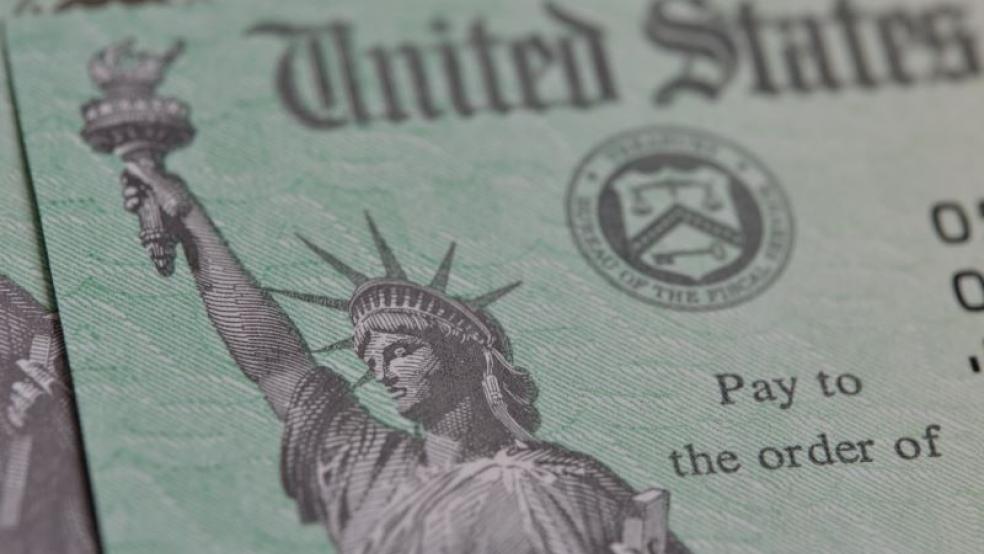The Covid relief bills passed by Congress provided direct assistance to the majority of American households, and according to a new report from analysts at the University of Michigan, those payments had a powerful, positive impact on recipients’ financial and emotional well-being.
Researchers Patrick Cooney and Luke Shaefer analyzed data from the Census Bureau’s Household Pulse Survey and found strong and unambiguous benefits provided by the relief payments.
“Our analyses thus far have yielded a fairly simple story: throughout the crisis, the level of hardship faced by U.S. households can be directly linked to the federal government’s response,” Cooney and Shaefer say. “What we find is that reported hardship drops sharply—across multiple domains—immediately following both the COVID-19 relief bill passed in late December 2020 and [the American Rescue Plan Act] passed in early March 2021.”
After the checks worth up to a total of $2,000 per person were distributed in December and March, the researchers found a 43% decline in financial instability, a 42% decline in food shortages in households with children, and a more than 20% decline in anxiety and depression among recipients. The benefits were strongest for adults with children, and those living in households earning less than $25,000 per year, though the researchers found positive effects in higher-income households as well.
A question of cost: The relief programs have been financed by deficit spending and contributed to a record increase in U.S. debt, and some critics say that the programs provided too much help to households that didn’t need it. “Given the scale of the stimulus aid — a total of $585 billion — a reduction in hardship may seem like a given, and there is no clear way to measure whether the benefits were worth the costs,” says Jason DeParle of The New York Times.
Conservatives have long opposed providing cash aid to low-income households, citing both the expense and the supposed deleterious effects on individual motivation. “It’s not sustainable to just give people enough cash to eliminate poverty,” Scott Winship of the American Enterprise Institute told the Times. “And in the long run it can have negative consequences by reducing the incentives to work and marry.”
Winship also questioned the reliability of the Census data, and the researchers’ ability to untangle the effects of the relief checks from other income sources, such as tax rebates.
Politically, though, the obvious if predictable success of the payments seems to boost the argument that providing direct payments to low-income households is highly effective in terms of reducing basic human suffering. “Cash aid offers families great flexibility to address their most pressing problems, and getting it out quickly is something the government knows how to do,” Shaefer told the Times.
The bottom line: The Biden administration is sticking with the cash-first approach. Starting in July, as part of the $1.9 trillion Covid relief bill the president signed into law in March, about 39 million families will start receiving monthly payments aimed at slashing childhood poverty.



